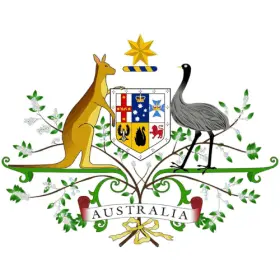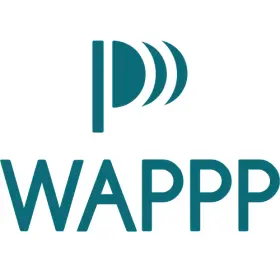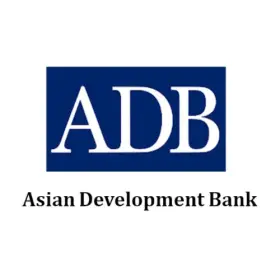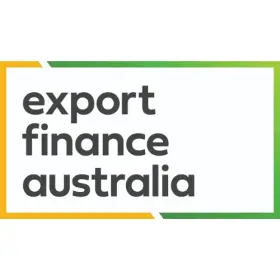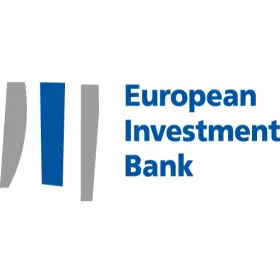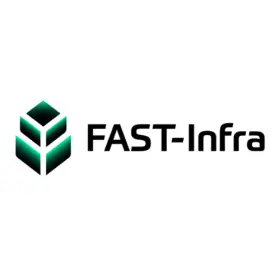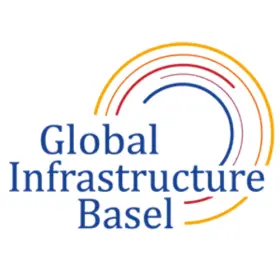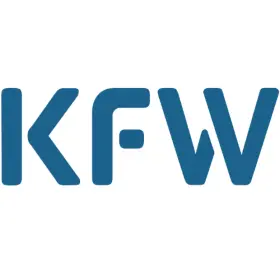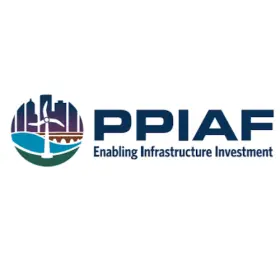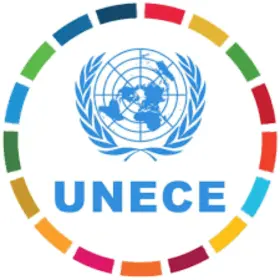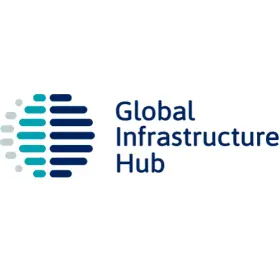Australian Government
Department of Infrastructure, Transport, Regional Development, Communications and the Arts. Connects and enriches every Australian community, underpins economy and society, and empowers regions. Provide policy advice and deliver programs, projects and services in the infrastructure, transport, communications and arts sectors, supporting our regions, cities and territories.
WAPPP
The Home for PPP Professionals
Based in Geneva, WAPPP is a global non-governmental organization and global community of PPP professionals, which helps members achieve their professional goals and promotes best practices in PPP to align with UN SDGs.
Asian Development Bank
Asia and the Pacific`s Climate Bank
ADB is committed to achieving a prosperous, inclusive, resilient, and sustainable Asia and the Pacific, while sustaining its efforts to eradicate extreme poverty. Established in 1966, it is owned by 68 members—49 from the region.
Infrastructure Australia
Infrastructure Australia is the nation’s independent infrastructure advisor. Provide research and advice to governments, industry and the community on the infrastructure investments and reforms that will benefit all Australians.
Export Finance Australia
Supporting Australian Businesses
Provide finance for export trade and overseas infrastructure development. Support businesses – from small and medium-sized enterprises (SMEs) to large corporates – foreign governments and infrastructure projects, to take on the world.
EIB European Investement Bank
The Bank of the European Union
The European Investment Bank (EIB) is the European Union's investment bank and is owned by the 27 member states. It is the largest multilateral financial institution in the world. The EIB finances and invests both through equity and debt solutions companies and projects.
FAST-Infra Label
Providing Market Confidence
The FAST-Infra Label is a globally applicable label for projects demonstrating significant positive sustainability performance.
GIB Global Infrastructure Basel
Infrastructure and Natural Ecosystems
The GIB mission is to inspire and accelerate a mainstream transition to sustainable, resilient and regenerative infrastructure.
The KfW
Responsible Banking
The KfW, which together with its subsidiaries DEG, KfW IPEX-Bank and FuB forms the KfW Bankengruppe, is a German state-owned investment and development bank, based in Frankfurt.
PPIAF
Enabling Infrastructure Investment
Since 1999, PPIAF has been the only global facility dedicated to building institutions in developing countries that set the stage for private participation in infrastructure. PPIAF helps governments strengthen policies, regulations, and institutions to catalyze sustainable and inclusive private participation in infrastructure
UNECE PPPs for the SDGs
PPP Standards, Tools & Guides
The UNECE has advocated the need to make the traditional PPP model “fit for purpose” for
the SDGs by placing people at the core and has developed the “PPPs for the SDGs”
approach.
GI Hub Global Infrastructure Hub
PPP Knowledge Hub
The GI Hub is a not-for-profit organisation created by the Group of Twenty (G20) to advance its infrastructure agenda. The G20 is the premier forum for international economic cooperation, bringing together the leaders of developed and developing countries from every continent.
